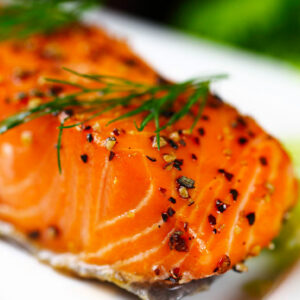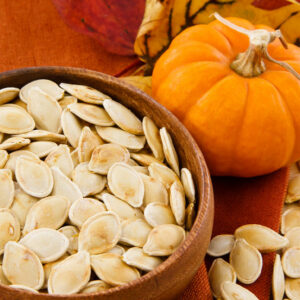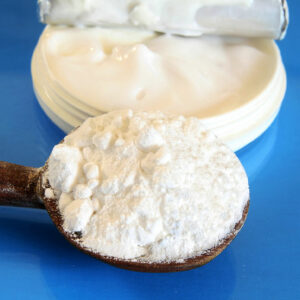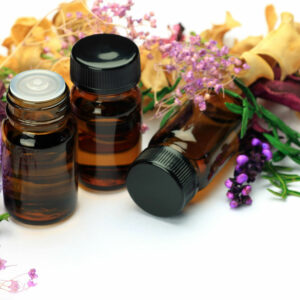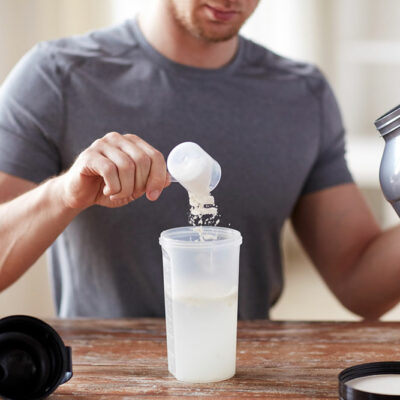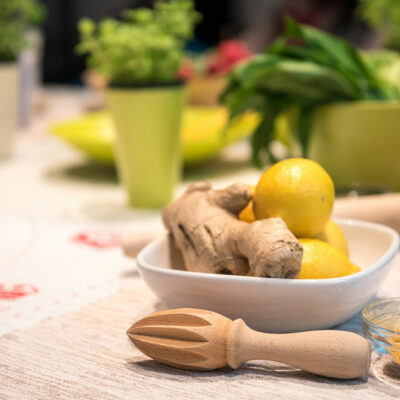
01
6 plants that are harmful to dogs
Dogs love smelling things. They want to put their snout on anything that comes across their path, be it garbage on the sidewalk or blossoming flowers in a park or garden. While some things are downright disgusting, other items can be toxic to your dog’s health. Certain plants can cause diarrhea and other serious issues like liver damage. Hence, it’s important to keep your dog away from the plants mentioned below. Sago palms These popular indoor ornamental palms are found in warmer climates. Every part of this plant is toxic to your dog. If consumed, it can cause severe vomiting, diarrhea, abdominal pain, tremors, and seizures. Aloe vera Aloe vera is another common household plant grown mainly because of its many beneficial properties. However, its gooey gel contains some components that are toxic for dogs. It can cause lethargy, stomach problems, vomiting, and diarrhea. Elephant’s ear Elephant’s ear is a beautiful plant commonly found in warm climates. This plant can be harmful to dogs as it contains glass-like insoluble oxalate crystals, which can result in severe irritation, swelling in the mouth, vomiting, and diarrhea. Azaleas All parts of the azalea plant, including the flower, leaves, seeds, and honey made from its nectar, are toxic to dogs. Signs of ingestion include hypersalivation, vomiting, diarrhea, muscle weakness, eye problems, slow heart rate (bradycardia), heart arrhythmia, low blood pressure, cardiovascular collapse. In some cases, it can even cause death. Ivy Some of the most common types of ivy are the English ivy and Devil’s ivy, also known as Golden Pothos. All of them are toxic to your furry pet. If consumed, it can lead to mouth and stomach irritation, foaming, excessive drooling, vomiting, and diarrhea in dogs. Snake plant Snake plants are one of the most common household plants in the world since they require little maintenance.
Read More 